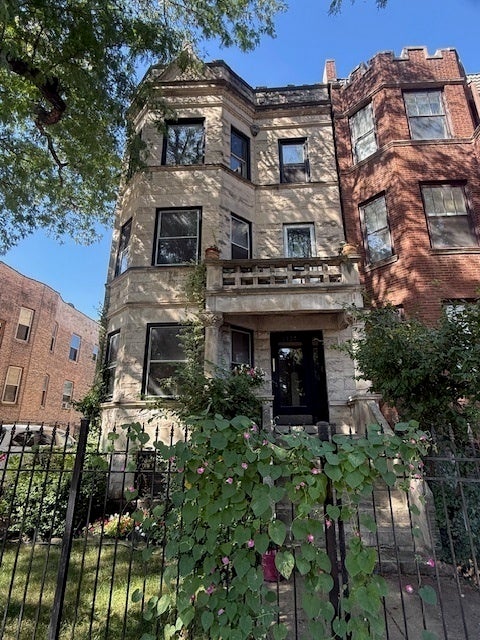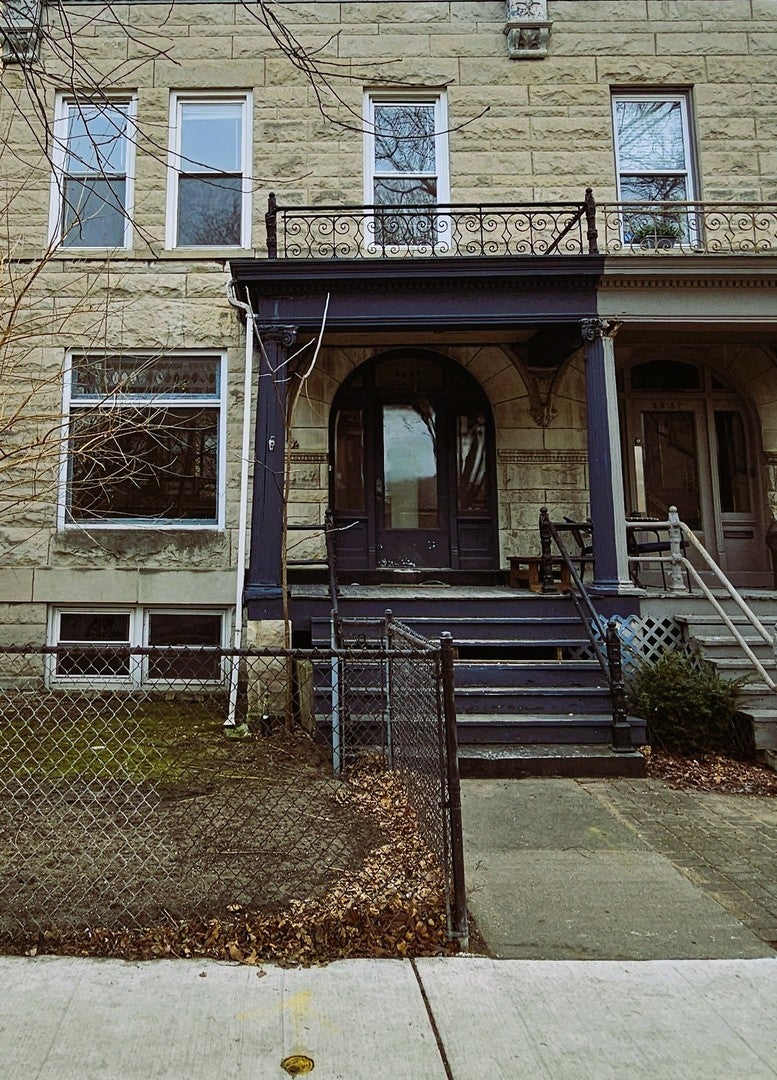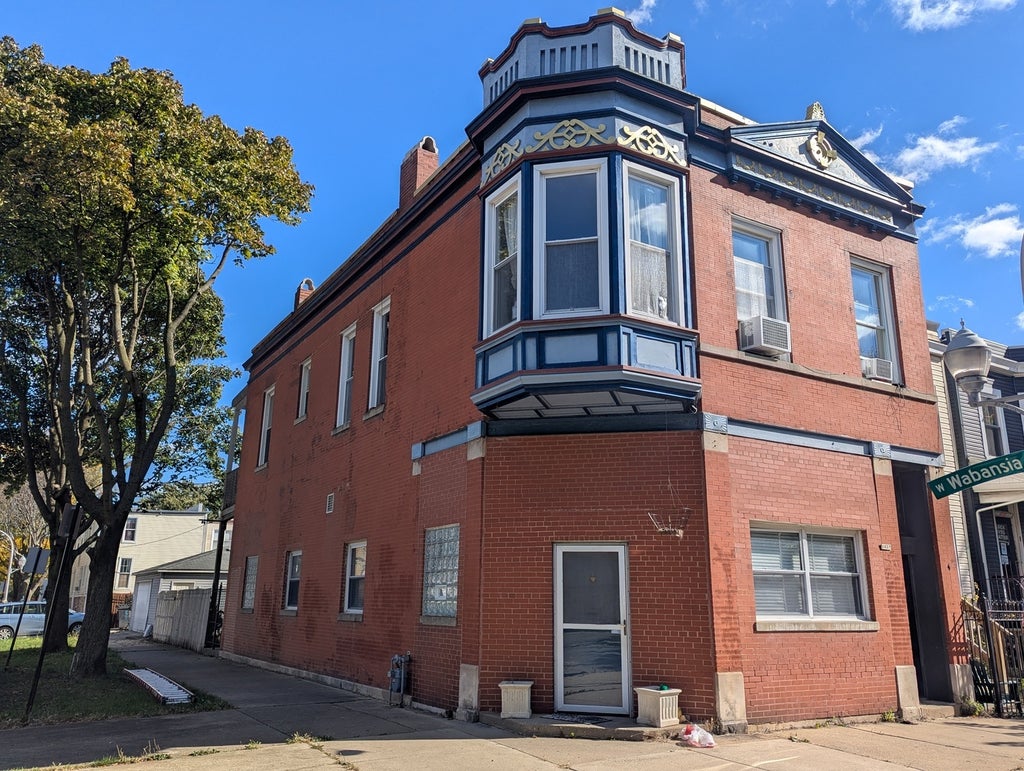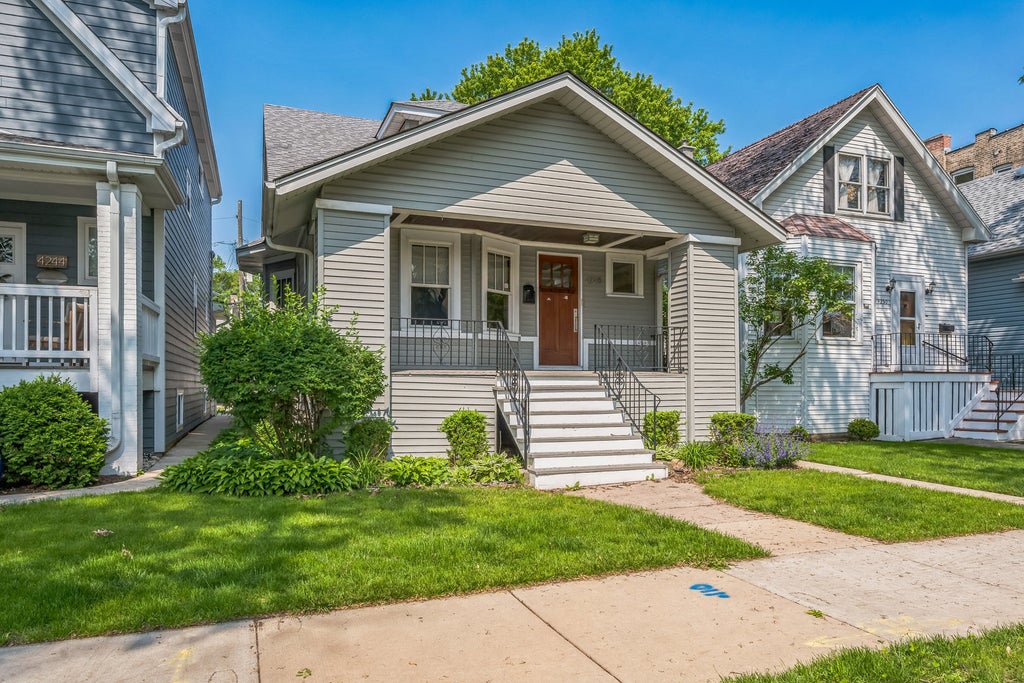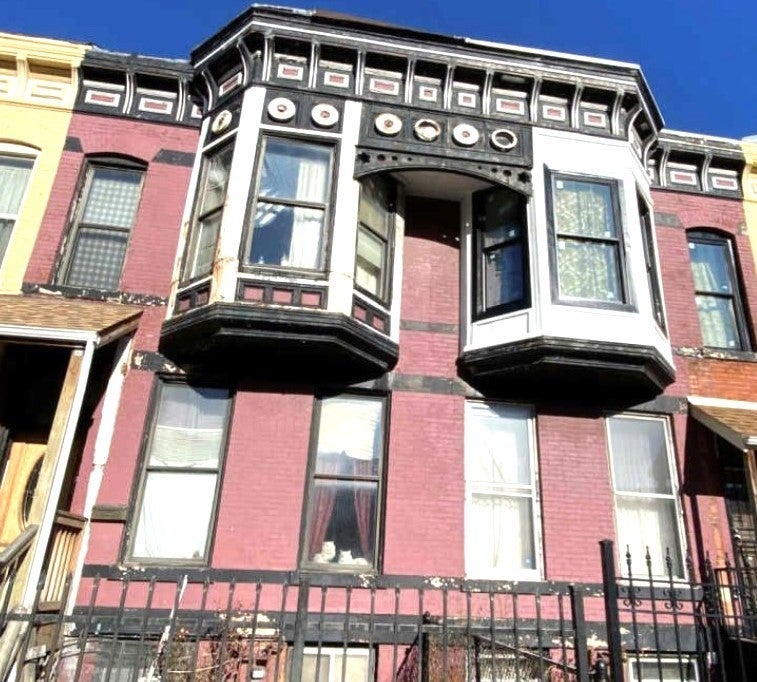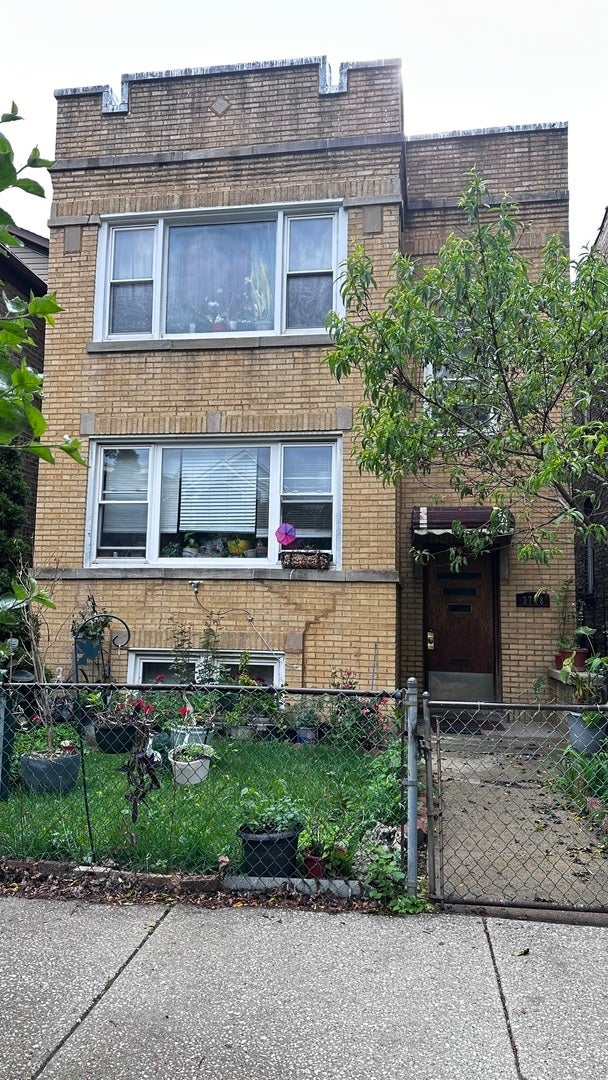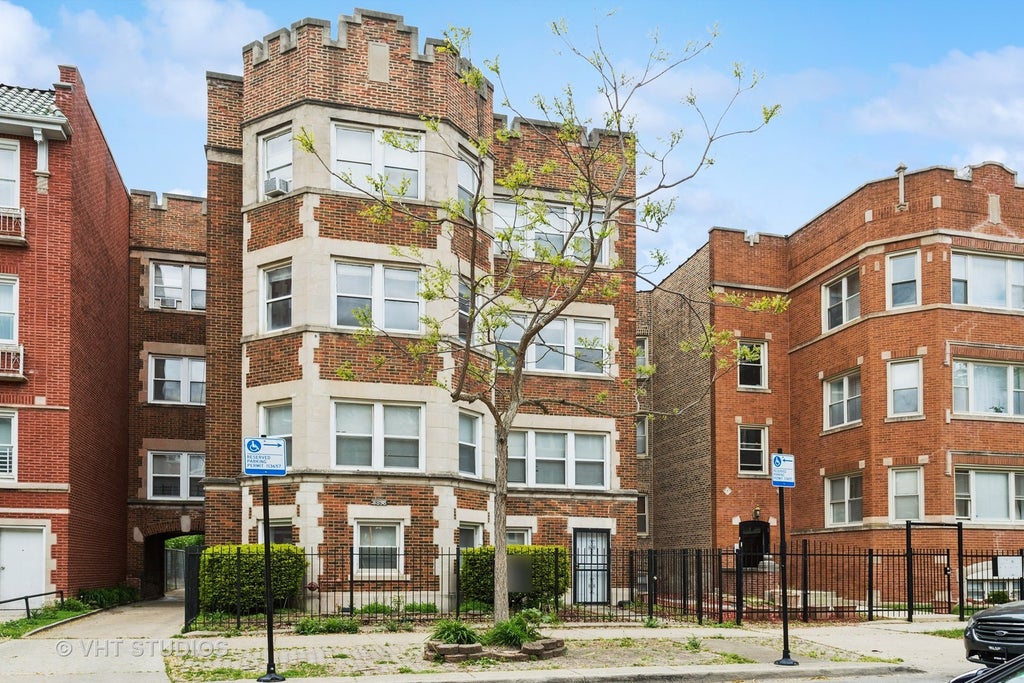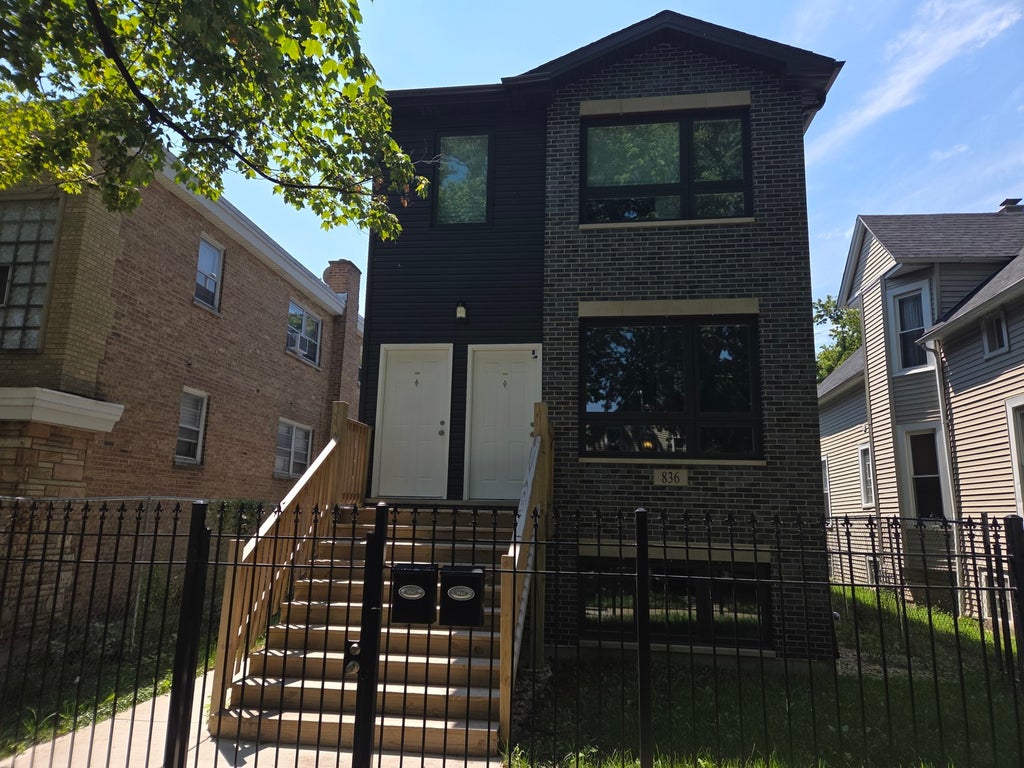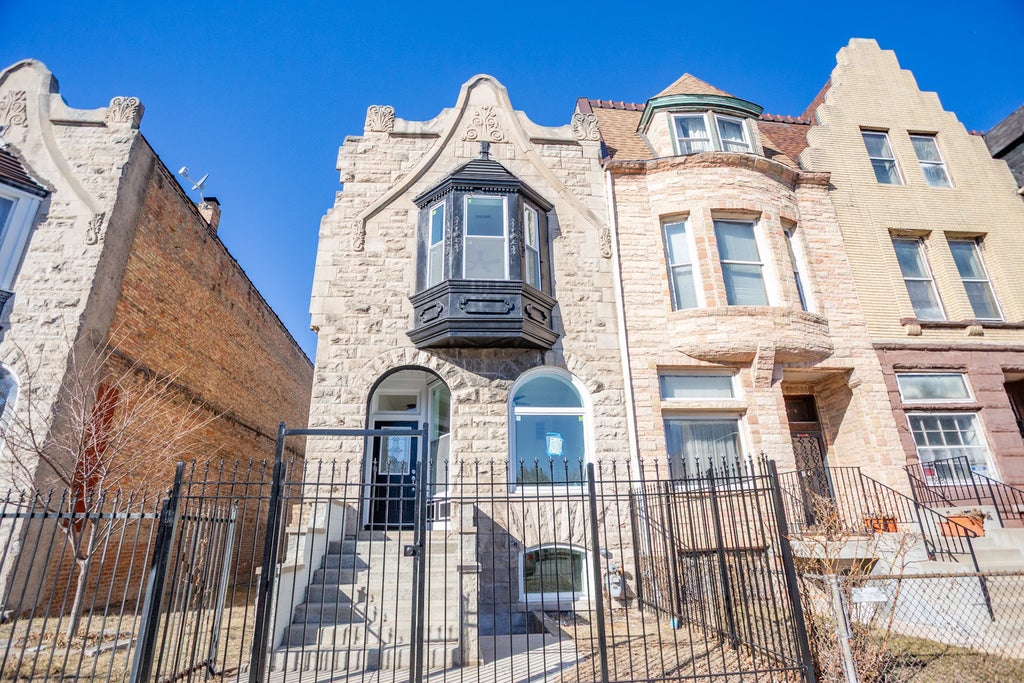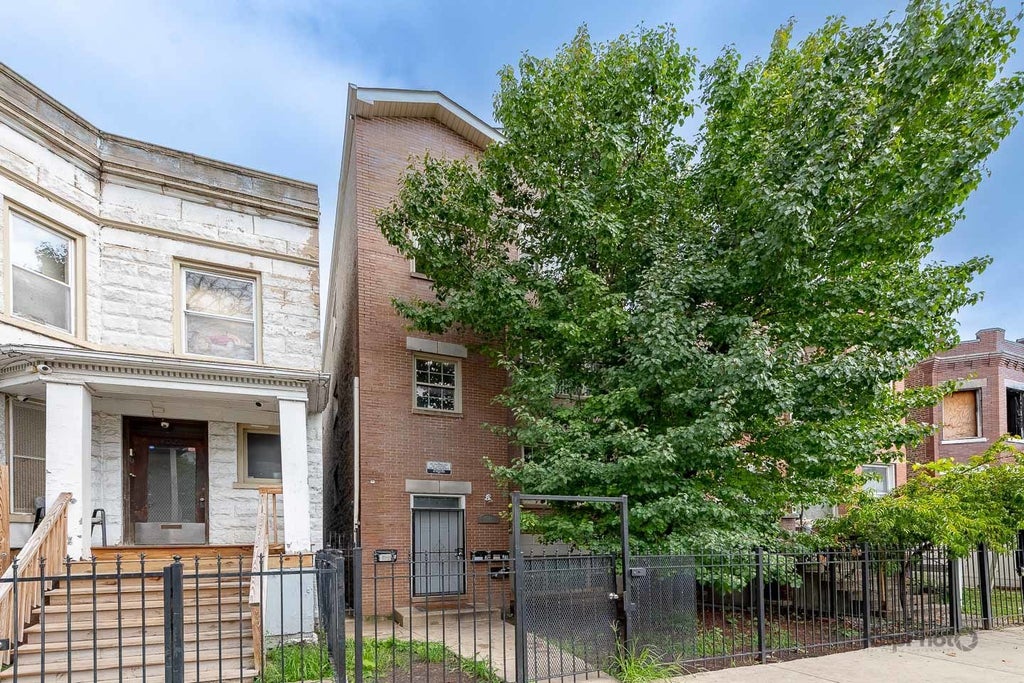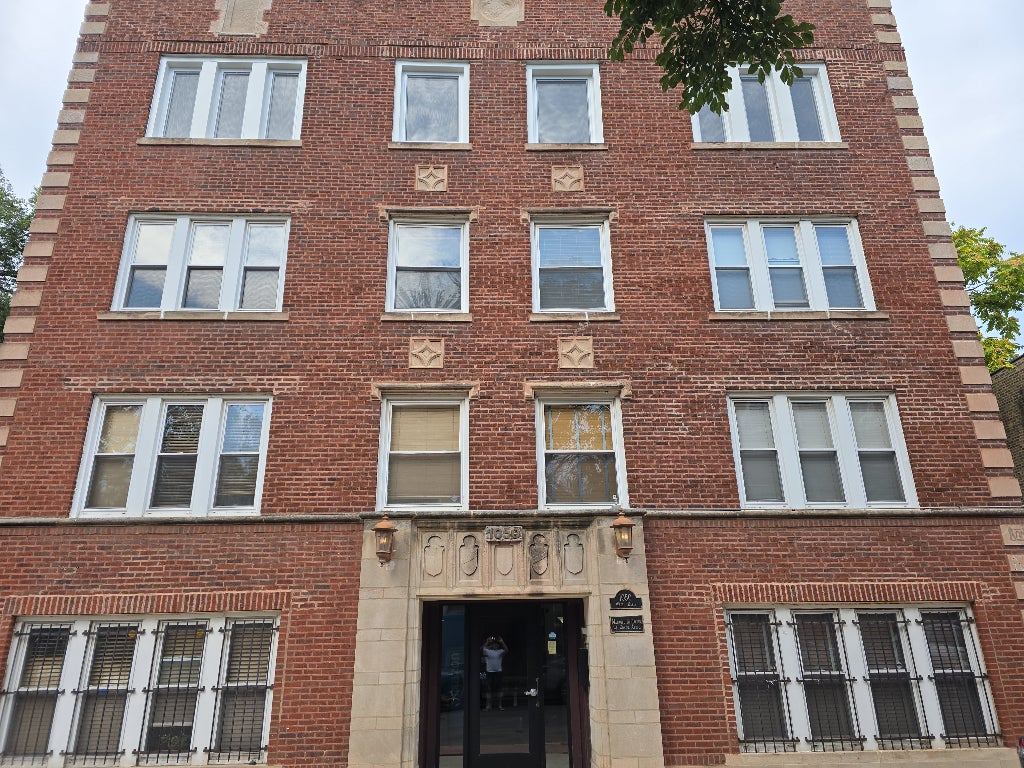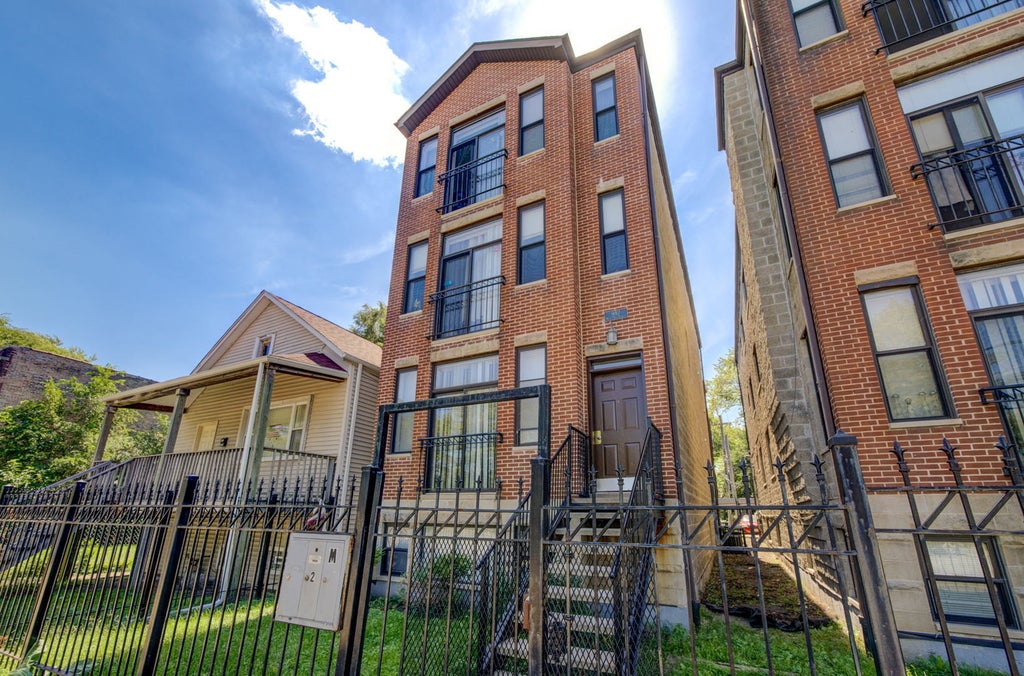Chicago Foreclosures & Short Sales
Searching for foreclosures and short sales in Chicago? If so, you’ve come to the right place. Both foreclosures and short sales for sale in Chicago can be a great way to save money while also finding a great deal on a new home or condo.
Although each can be a significantly more complex transaction, our team of Chicago real estate experts can help you navigate the rough waters of either a short sale or foreclosure property anywhere in town.
So whether you’re a real estate investor or a regular home buyer looking for an everyday place to live, start browsing some of Chicago’s hottest short sales and foreclosures featured on the MLS below.
Search short sales and foreclosures in Chicago, or learn more about short sales and foreclosures below.
View Chicago Short Sales & Foreclosures on the MLS
- All Listings
- $100,000 - $200,000
- $200,000 - $300,000
- $300,000 - $400,000
- $400,000 - $500,000
- $500,000 - $600,000
- $600,000 - $700,000
- $700,000 - $800,000
- $800,000 - $900,000
- $900,000 - $1,000,000
A closer look at short sales and foreclosures in Chicago
So just what is the difference between a foreclosure and a short sale? Well, a foreclosure is the process in which the property is taken possession of because of a mortgagor’s failure to keep up with the mortgage payments.
A short sale, on the other hand, is the sale of real estate in which the net proceeds fail to meet the debt owed by the former owner. In a short sale, all lien holders agree to accept less than the amount owed, which is precisely why finding a short sale can save active home buyers money.
Contact us for more Chicago short sale and foreclosure information
Want to learn more about how we can help you secure a short sale or foreclosure in Chicago? Reach out to us at your earliest convenience or begin browsing active MLS listings above to see just what's available right now.
What to Expect in a Foreclosure or Short Sale in Chicago
Purchasing a foreclosure or short sale in Chicago involves a different process than buying a traditional resale home. These properties are often priced below market value, but the transaction can take longer, especially if it requires lender approval.
Foreclosures are typically bank-owned, while short sales involve negotiating with a lender to accept less than what’s owed on the mortgage. Both can present opportunities, but they also require careful planning and experienced representation.
In Chicago, foreclosures may be listed through public auctions or listed on the MLS by banks, while short sales are more commonly marketed like standard listings. Buyers should prepare for additional paperwork, potential delays, and as-is condition clauses.
Our team helps you review title records, estimate repair costs, and evaluate risk before submitting an offer. Understanding how each type of sale works is key to navigating this segment of the market effectively.
Pros and Cons of Buying a Foreclosure or Short Sale in Chicago
While these property types may seem financially attractive, they come with trade-offs. Here's a breakdown of key advantages and challenges:
Pros:
-
Lower purchase prices compared to traditional listings
-
Opportunity to build equity through renovations
-
Less competition for short sales compared to standard homes
-
Some foreclosures are move-in ready if maintained by the bank
-
Potential to buy in desirable neighborhoods at a lower cost
Cons:
-
Properties sold “as-is” with no guarantees on condition
-
Longer closing timelines, especially for short sales requiring lender approval
-
Limited room for negotiation on price or repairs
-
May require significant renovation or remediation
-
Unclear or complicated title issues without experienced guidance
FAQs About Chicago Foreclosures and Short Sales
What’s the difference between a foreclosure and a short sale?
A foreclosure is a home taken back by the bank after the owner defaults, while a short sale involves the homeowner trying to sell for less than what’s owed with lender approval. In a foreclosure, you're dealing directly with the bank. With a short sale, the seller is still involved, but the lender must agree to the final sale price. Both types require more patience and due diligence compared to traditional transactions.
Are Chicago foreclosures sold below market value?
Foreclosed properties are often priced below nearby comparables, but not always. Banks aim to recover losses and may set prices based on appraisals or recent sales. Properties needing repairs typically sell for less to account for renovation costs. Competitive bidding is also common on lower-priced listings.
Can I finance a foreclosure or short sale?
Yes, financing is possible, but the property must meet lender requirements. Homes with damage or missing systems may only qualify for rehab loans or cash purchases. Appraisals and inspections are key to understanding loan eligibility. Our team works with lenders experienced in these types of sales.
How long does it take to close on a short sale in Chicago?
Short sales usually take 60 to 120 days, but some can take longer. Lender approval is required before the transaction can proceed, and the timeline varies by bank. The process involves document review, internal bank processing, and negotiation if there are multiple liens. Buyers should expect delays even after submitting a clean offer.
Will I be able to inspect the home before buying?
Yes, inspections are usually allowed, but the property is sold as-is in most cases. The seller or bank is unlikely to complete repairs, regardless of what the inspection reveals. Buyers should budget for potential updates or remediation. Some issues may prevent standard financing unless addressed in advance.
Do foreclosures have back taxes or liens?
Foreclosures can have unpaid taxes, HOA fees, or other liens, depending on the property’s history. A title search is critical before moving forward with an offer. We review these details and connect you with local title companies. This helps prevent surprises after closing.
Are multiple offers common on these properties?
Yes, especially for well-priced homes in popular neighborhoods. Investors and first-time buyers often compete for the same listings. Submitting a strong initial offer with proof of funds improves your chances. We help you prepare a competitive bid strategy without overpaying.
Is buying one of these properties a good investment?
It depends on the location, price, and required improvements. Some homes need only cosmetic updates, while others may require full rehabs. We walk you through comparable sales and renovation estimates. This helps clarify whether the deal fits your goals and budget.
Foreclosures and short sale properties can often present great deals for home buyers and real estate investors. For advice and information about buying a foreclosure in Chicago, please contact us.

